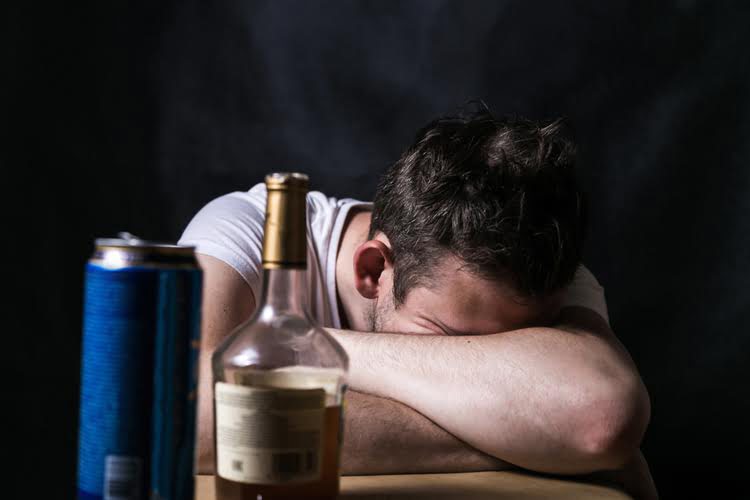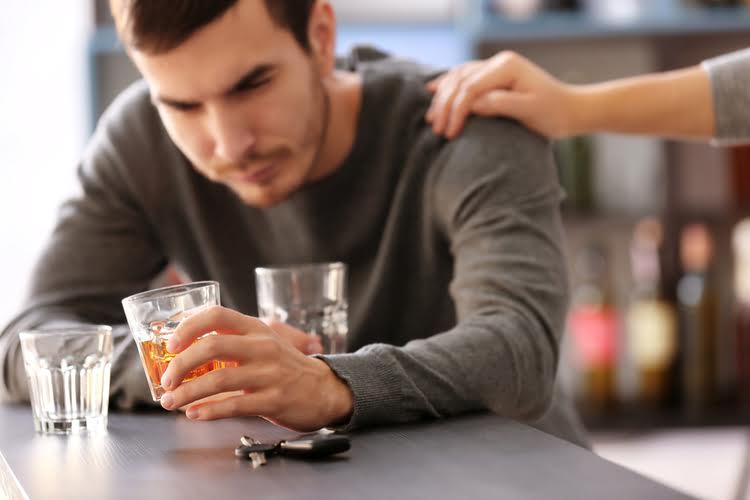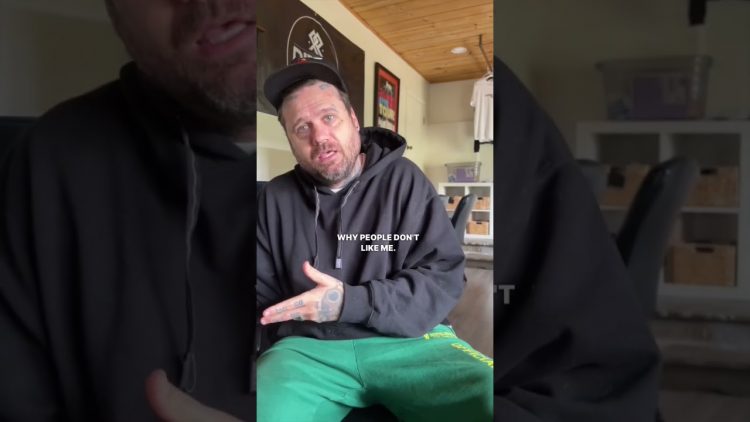Depression, anxiety, and other mental health issues also tend to worsen just before a relapse. This may also manifest as insomnia, loss of desire, changes in eating habits, or a loss of daily structure. Recovery from a substance use disorder or addiction is rarely an easy path.

What to do if you break sobriety
- Your mindset has shifted to caring for your body instead of destroying it.
- Remember that you’re taking proactive steps towards building a brighter, healthier future, and Clear Behavioral Health offers personalized treatment and aftercare options to help you succeed.
- That’s okay – NA and other 12-step programs are also moving their meetings online.
- Though staying free, clean, and sober long-term is the main goal, your immediate focus should be developing healthy coping mechanisms and habits.
- For over 20 years Dr. Umhau was a senior clinical investigator at the National Institute on Alcohol Abuse and Alcoholism of the National Institutes of Health (NIH).
- Treatment and rehabilitation are major steps to recovery.
- Make a list of loved ones and others who stood by your side when you struggled.
It is imperative that you sever ties with any and everyone http://www.babyparadise.ru/index.php?productID=1674&discuss=yes that you use substances with. After you’ve gotten clean, it’s essential that you understand how to stay sober—especially considering that relapse rates for substance abuse disorders are between 40-60%. For opioid use disorders, there is a higher probability of relapse at 72-88%. Long-term therapy plays a crucial role in maintaining sobriety. It provides a structured environment for individuals to address underlying issues, develop coping strategies, and navigate the challenges of recovery.
- Furthermore, stay away from unhealthy environments that have the potential for relapse.
- I’ve been seeing my therapist in person, but I’ve heard great things about virtual therapy.
- Whether from loved ones or specific groups, sobriety support entails numerous advantages.
- Working towards a goal helps to break it down into smaller pieces to make it feel more attainable.
Avoid Triggers

However, it would help if you spent at least an hour focusing on what healing is for you. Working with a doctor to manage medication is crucial. Regular check-ups allow for dosage adjustments, monitoring of side effects, and assessment of overall treatment efficacy. This quote reminds us that recovery is a journey, and persistence is key.
Focus on your physical and mental health
- Not every conversation has to be about something intense, like addiction or coronavirus.
- Too much free time can give you lots of time to dwell on negative thoughts or think of excuses to relapse.
- If you were active in your addiction for a period of time, you may have developed financial problems.
- If you have a friend or loved one who you trust or who understands the struggle of addiction, consider talking with them.
- Some of the immediate changes you will need to make will be obvious—like not hanging around the people that you used with or obtained drugs from.
- However, if you’re struggling, one day can seem forever.
It might even be tempting to hide in https://magazin-bezhimii.ru/catalog/bioprodukty/ledency-i-napitki/karamel-ledencovaya-healthberry-ecodrops-brain-activity-30-sht the house and avoid people. You may feel as though everyone is talking about you. Without mood-altering substance, life just got real. You take stock of the wreckage and look forward to the future.

If you want to stay sober, you have a better chance if you’re maintaining a budget and happier with your finances. If you love writing, I’d consider throwing yourself into blogging. Additionally, I found community https://www.errefom.info/the-beginners-guide-to-21/ through blogging about my addiction and rehab stories. They were recovering addicts and active drug users faithfully reading my story.







